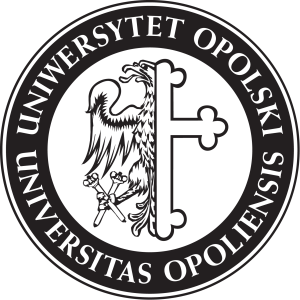Module 1.3. Different researchers and various models

LEARNING POINT 3
Task. 3.1
Please watch videos with famous people talking about their research and match a proper video number with the model (30 minutes)
Richard Lewis model: Fish can’t see water (1.44 minutes)
Geert Hofstede interview (8 minutes)
Anna Wierzbicka—living in different languages (15 minutes)
Click Quiz
Task 3.2
Listen to the summaries of some interesting books of fascinating people—Mothers and Fathers of Cultural Studies—and think about the obstacles their authors met when doing their research: (20 minutes)
Margaret Mead - Male and Female Roles in Cultures (6 minutes).
Bronisław Malinowski “The Scientific Theory of Culture and Other Essays” (1944) (5 minutes)
Ruth Benedict - Patterns of Cultures (6 minutes)
Task 3.3
You may also look for information about other great researchers (15 minutes)
Mary Douglas who dealt with topics such as purity, dirt, and taboo
Edward Hall—and his Proxemics, ‘the study of space and how we use it, how it makes us feel more or less comfortable, and how we arrange objects and ourselves concerning space.’.
Eleonor Rosch and her Prototype theory state that any given concept in any given language has a real-world example that best represents it. For example, when asked to give an example of the concept of fruit, an apple is more frequently cited than, say, a plum.

PONDER POINT 3
Which model of intercultural communication do you like best and why?
Is, in your opinion, the research done many years ago still relevant?
EXCHANGE 3:
Task 3.4: Stages of Cultural Adaptation - W-Curve Model Phases (15–20 minutes)
Aim: Explore the stages of cultural adaptation in the W-Curve Model, recognize their emotional and psychological aspects, and apply this knowledge to real-life situations they may encounter.
Learning outcomes:
Students will recognize typical emotional responses in each phase of the W-Curve Model and apply these to their own experiences or hypothetical situations.
Students will make connections between the W-Curve phases and real-life experiences.
Click Quiz

Click Quiz


REFLECTION 3:
1. Reflect on when you went through these phases in a new environment (e.g., a new city or school). How did you navigate each phase?
2. What helped you overcome the challenges?



